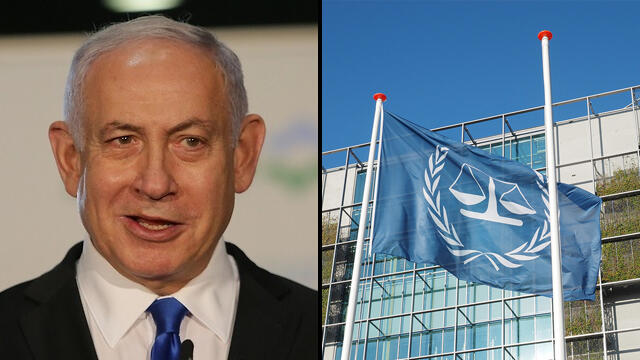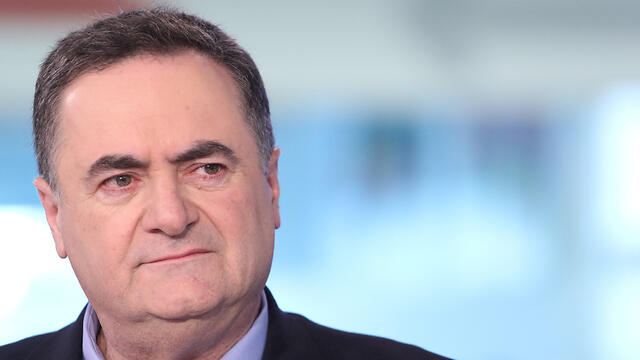The primary topic of discussion at Tuesday's government meeting, spearheaded by Prime Minister Benjamin Netanyahu, is the looming issue of potential arrest warrants from the International Criminal Court (ICC) in The Hague directed at high-ranking Israeli officials. This pressing concern was a late addition to the agenda, reflecting the urgency of the matter. Discussions will not only focus on this but also include the ongoing hostage situation and the strategic movements at Rafah.
The ICC's scrutiny extends beyond Israeli figures, with indications that senior Hamas officials might also face arrest warrants. This development highlights the complex and all-encompassing nature of the ICC's investigations, which have recently been examining the events of Hamas' October 7 attack and the subsequent responses by the IDF.
On the international front, Russia has criticized the United States for its apparent double standards. The U.S. opposes the ICC's pursuits against Israel while endorsing the arrest warrants issued for Russian President Vladimir Putin. Kremlin spokeswoman Maria Zakharova condemned the U.S. stance as hypocritical, emphasizing the inconsistency with which the American political system acknowledges the legitimacy of the ICC, especially when it involves its own actions or those of its allies. She labeled this approach as "absurd."
Amid these global and legal complexities, Netanyahu remains resolute, asserting on Friday that Israel will resist any judicial attempts that might compromise its fundamental right to self-defense. He stressed that the actions and decisions of the ICC will not sway Israel’s operational strategies, though he acknowledged the dangerous precedent such decisions could set, potentially endangering Israeli soldiers and public officials.
Israel's Foreign Minister Israel Katz expressed strong disapproval of the International Criminal Court, remarking on the irony of figures like Khamenei, Nasrallah, and Sinwar anticipating the court's judgment of Israel, which he labeled as "utterly absurd."
In a related vein, White House spokesperson Karine Jean-Pierre articulated the U.S. stance on Monday, asserting that "the United States does not endorse the ICC's probe into Israel and questions the court's authority in this matter." This position aligns with comments made last year by U.S. President Joe Biden, who supported an arrest warrant issued by The Hague for Putin, citing justified reasons. The U.S. has cooperated with the court by providing information on alleged war crimes by Russia in Ukraine.
Meanwhile, Russia has dismissed the arrest warrant issued against Putin as "a futile effort by the West to tarnish Russia's image," firmly denying any war crimes by Russian forces. Moscow also accused the West of "ignoring alleged war crimes committed by Ukraine," claims that are vehemently denied by Kyiv.





